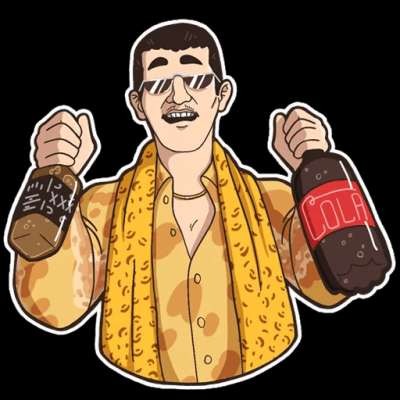?? Algeria protests explained | Al Jazeera English
Tens of thousands of Algerians have been taking part in nationwide protests since February.
They’re opposed to 82-year-old President Abdelaziz Bouteflika’s decision to run for a fifth term.
He’s been been ruling the country for 20 years, and for the past six, he’s struggled to speak or walk.
So what do these protests mean for the country’s future?
Algeria gained independence from France in 1962.
The push for self-rule was led by the so-called Army of National Liberation -- which later became the country’s formal military force.
It has played a major part in Algeria’s political system for more than five decades.
Young Abdelaziz Bouteflika, who had joined the Army of National Liberation during the revolution, quickly became involved in political life as well.
He became the minister of foreign affairs at the age of 26.
Corruption charges eventually forced him into self-imposed exile in 1981, first to Switzerland and then the United Arab Emirates.
Bouteflika returned to Algeria in 1987, and was readmitted into the country’s ruling party.
The following year, a protest movement led mostly by young people, and fueled by a major recession, swept across the country.
It was met with a government crackdown.
120 people died according to official figures.
But activists put the number around 500.
The demonstrations managed to force the government to end the single-party system and grant wider media freedom.
It also led to the country's first democratic elections.
The gradual political liberalisation that followed allowed the Islamic Salvation Front party to gain a foothold in domestic politics.
In response, the military cancelled the country's legislative vote in 1991, which historians say would have certainly brought the Islamic Salvation Front to power in Africa's biggest country.
What followed was a 10-year civil war, which left as many as 200,000 Algerians dead and approximately 15,000 forcibly disappeared.
In 1999, in the midst of the war, Bouteflika agreed to run for president.
His opponents complained the vote was rigged and dropped out.
Bouteflika won with 74% of the vote.
He spent his first years as president trying to end the civil war.
He pushed forward with the 2005 Charter for Peace and National Reconciliation, which granted amnesty to armed groups.
He then set out to get the country out of diplomatic isolation and kick-start its stagnant economy.
In 2008, the president changed the constitution to allow him to run for a third term.
The Arab uprisings of 2011 toppled regional leaders, including those of neighbouring Tunisia and Libya.
But Bouteflika was able to use Algeria’s vast oil wealth, and the threat of instability, to remain in power.
But by 2012, it appeared Bouteflika was ready to step down.
"My generation is finished," " Our time is over. Our time is over. Our time is over”
But it wasn't.
A year later, he suffered a debilitating stroke, which confined him to a wheelchair.
But Bouteflika stood for elections again in 2014 and won his 4th term.
Public sentiment began shifting in large part due to a global drop in oil prices.
It forced his government to cut state subsidies.
Youth unemployment is now estimated at about 29%, an alarming statistic in a country where 70% of the population is believed to be under the age of 30.
Ruling party’s executives had been signaling that Boutifika would once again be their candidate for the April 18th election.
But it wasn’t until he officially announced his candidacy on February 10th that people decided they’d had enough.
Protests spread across different cities, and have been growing ever since.
Journalists, students, lawyers and politicians have all joined in.
Even 83-year-old Djamila Bouhired, an iconic figure of the independence war against France, was seen among the protesters.
Since his stroke in 2013, Bouteflika has rarely appeared in public.
He’s been in Switzerland since February 24th for what the government calls "routine medical checks."
Despite the protests, Bouteflika formalised his candidacy on March 4th.
But he announced that if elected, he’ll help set a date for new polls in which he will not run.
That has done nothing to stop the protests.
The military insists it will not allow the country to fall back into violence, and will ensure stable and smooth conditions for the elections.
But it’s still unclear how it plans to do that.
For now, protesters continue to flood the streets of Algeria, pushing for change and hoping their efforts will bring their country together.



















